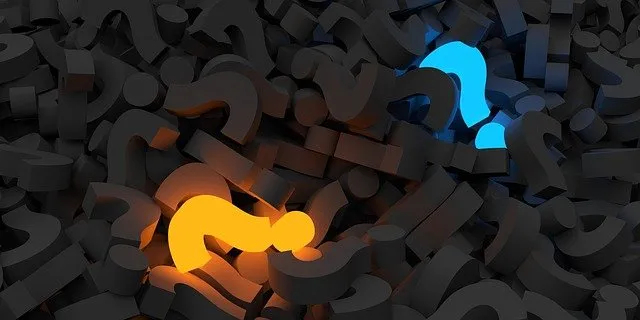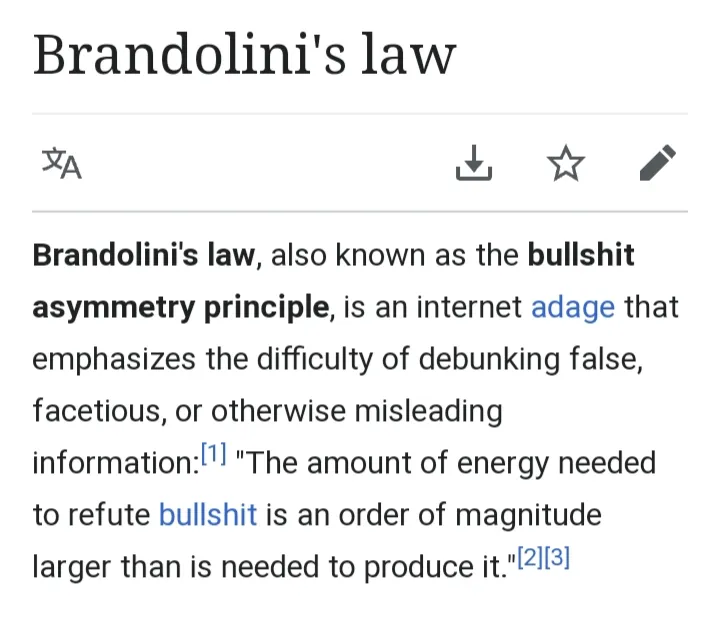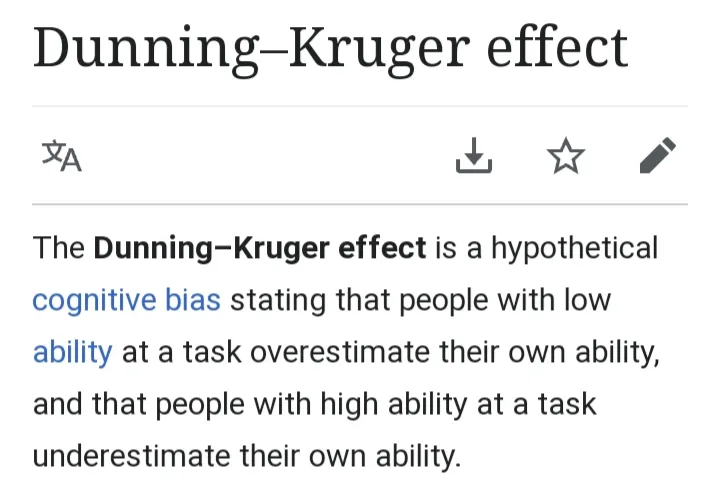We've all probably had similar experiences on Facebook, Twitter, or other Web 2.0 social media platforms. Almost every attempt to foster serious discourse on any matter of substance quickly gets derailed and turns into a morass of accusations and insults. One of the better-known early observations on this trend is known as Godwin's Law:
...[A]s an online discussion grows longer, the probability of a comparison involving Nazis or Adolf Hitler approaches 1.
Current social media behemoths have fostered a new wave of such adages, including Brandolini's Law, which only recently came to my attention.
...[T]he amount of energy needed to refute bullshit is an order of magnitude bigger than to produce it.
Of course, we have been living with the massive chaos of COVID-19 for a long time now, and constant battles over the narrative have resulted in a lot of bullshit all around, but the tweet which gave a name to this law is from 2013.
If you have tried to discuss politics, philosophy, religion, history, economics, or any other subject requiring some degree of critical thinking skill and specialized knowledge, you have probably seen how difficult it can be to refute empty assertions, bad memes, and prejudice. Nonsense can be spewed quickly, but thoughtful rebuttals supported by links to evidence or chains of reasoning take time and effort.
Exacerbating this problem is the nature of modern social media algorithms creating echo chambers where there are masses ready to shout down anyone who dissents from the subculture consensus. The waves of nonsense drown out what few opportunities might exist for debate. I have maintained a link to several Facebook groups, but they are quickly being swamped by spammers eager to prove the Left can't meme instead of actually dissecting current events and the ideas they espouse.
The Dunning-Kruger Effact is a term for the cognitive bias discussed by David Dunning and Justin Kruger in their 1999 paper, Unskilled and Unaware of It: How Difficulties in Recognizing One's Own Incompetence Lead to Inflated Self-Assessments. We've all seen it in action, and we've all been guilty of such overestimation in ourselves. Ignorance creates a sort of paradox where the knowledge necessary to gauge your competence requires you to have that competence in the first place.
Let's look again at COVID-19. I am not a virologist or an epidemiologist. I have a basic high school level grasp of biology and chemistry. I have taken some college physics cough years ago. I also have a decent mathematical foundation, and arguably above-average reading comprehension and research skills.
Plus, my Google-fu is strong, and I am a librarian.
Whenever I discuss COVID-19, I try to base my arguments on what I can actually confirm, and maintain a healthy skepticism regarding what I know I do not understand. It doesn't guarantee my arguments are error-free, but it leads to extra frustration when I see massive online arguments from people on all sides of the debate who clearly do not even have my level of knowledge. Instead, we see prejudice, ad hominem attacks, and empty appeals to authority. Opinions and knowledge are not interchangeable. How do you really know what you think you know, and have you actually tested your preconceptions?

Image credit
Debates over current events come to mind as well. As I write this post, the Kyle Rittenhouse trial appears to be concluding. His supporters point to the video evidence available immediately supporting his claim to self-defense and decent (if arguably misguided) intentions. His most vocal critics claim he wanted only to murder, and had some kind of racist terrorism motivations. No weight is given to the undeniable facts that he had as much right to be present as the rioters and protesters, had been subjected to numerous verbal threats, was retreating from violent conflict, and only fired when he reasonably believed his life was in danger resulting in shooting white assailants. People who have no legal background try to claim Rittenhouse broke myriad laws, and then claim legality defines morality in a completely baseless rational distortion of philosophy because they don't have any foundation there either.
Post-acquittal update: I have even seen people claim after all this time that Rittenhouse was accused of shooting black people just because they were members of Black Lives Matter. This is after the trial, after all the evidence was made public. Where is the excuse for that level of misinformed opinions?
Of course, everything I write on this topic (or anything else) is always open to dissent and disproof. Comment below. We're in Web 3.0 now, where hopefully we can mitigate the Dunning-Kruger effect and Brandolini's law to some extent. You can choose your communities instead of being subjected to algorithms. Downvote abuse by whales remains a problem, so it's not a perfect solution, but we're making progress. You can't be truly censored for wrongthink here. We might actually be on the path to both intellectual and fiscal change for the better.


